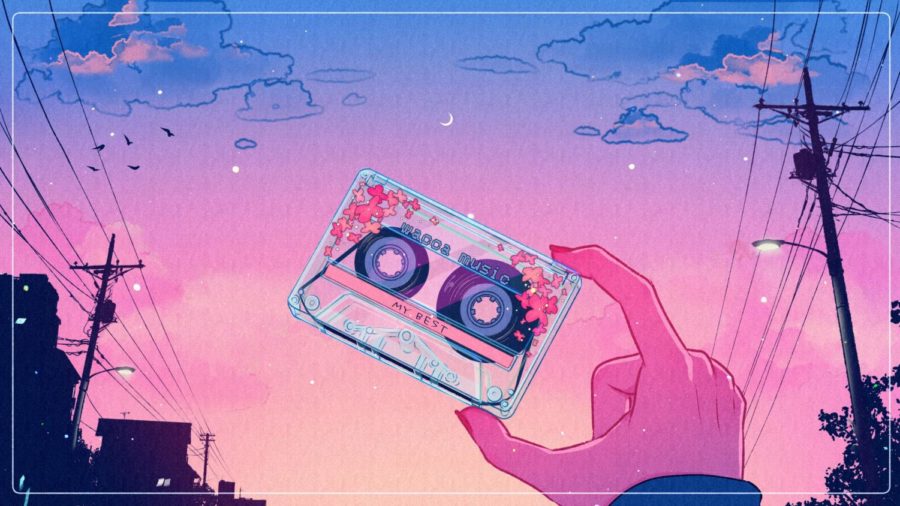Can You Feel the Love?
Love is in the air with your favorite tunes.
February 23, 2023
In music, the romantic genre has dominated for centuries. From heart-wrenching ballads to heart-fluttering earworms, tunes about love never seem to go out of style. Not without reason, of course—with love being arguably one of the strongest and most desired emotions of the human experience, romantic rhythms touch our hearts more profoundly than your typical song. If you have a significant other or crush, you may have a certain song(s) that reminds you of them and the joy you experience when they’re around. If not, you may have your playlists to help you feel less lonely and get into the mood for love. You may notice that some songs particularly move you and stir your soul, both physically and mentally. This is not in your head, but has been scientifically proven to be a real sensation caused by a series of chemical and neurological reactions in your brain.
Romantic songs can be really sweet, and even though I know they’re corny, I especially like the soft, relatable ones. I’d say they’re also a good way to get into a more wistful mood.
— Emily Eslao (12)
Does your romantic playlist make you feel giddy or on an emotional high? Music can trigger a dopamine release in the brain, a chemical to reward the body by causing a feel-good sensation. Emily Eslao (12) comments, “romantic songs can be really sweet, and even though I know they’re corny, I especially like the soft, relatable ones. I’d say they’re also a good way to get into a more wistful mood.” When singing along, your brain can also release oxytocin, “often dubbed the ‘cuddle hormone,’ furthering positive feelings associated with music” (34st.com). Physical symptoms of listening to love songs can include frissons, which are essentially the “chills” you might feel when reacting to “a great song” (34st.com).
Another reason why we react so strongly to love songs is that we are evolutionarily conditioned to do so. Our adaptation to “‘respond to particular cues in the human voice and to perceive them as expressing particular emotions’” makes us almost subconsciously envision a singer serenading us in person; “‘when an artist’s voice has a loving tone, we may be more likely to be romantically stimulated’” (34st.com).
Finally, music can alter our perception of a person. We create mental and sentimental connections between certain songs and people or memories, strengthening the emotional impact experienced when listening to particular tunes. For example, when posting a photo on your Instagram story, adding a romantic song can enhance pleasant emotions tied to the image.
Next time you’re enjoying your hopeless romantic playlists, remember that your feelings are more than just the beating of your metaphorical heart.





















